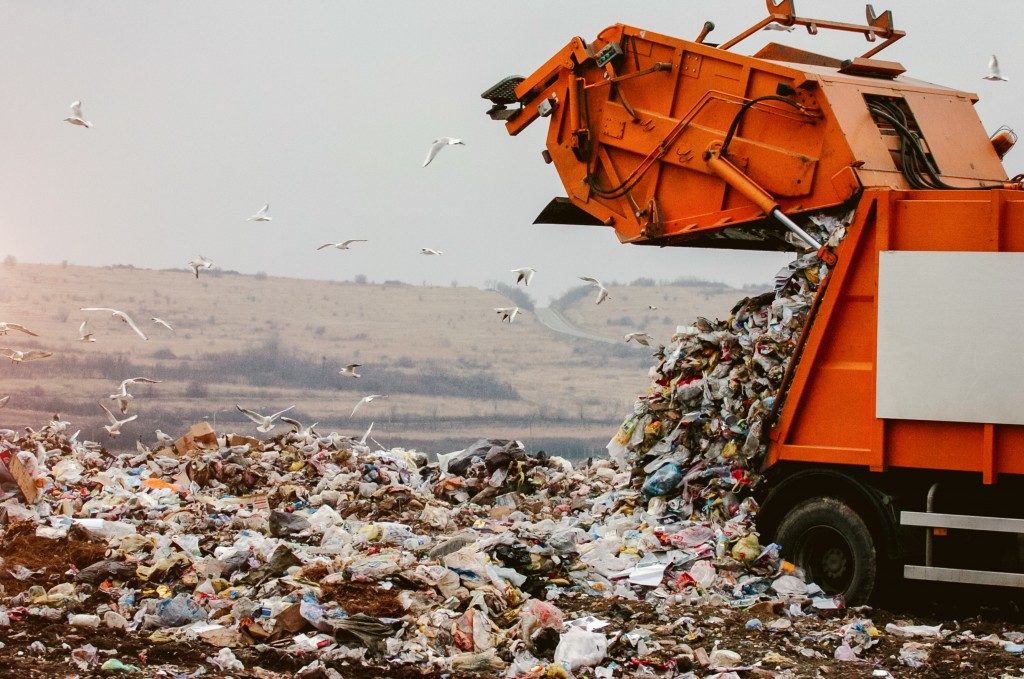Industrial waste can severely impact the environment; water waste can pollute bodies of waters such as lakes and rivers with chemicals, dyes, and biological wastes which can endanger wildlife and the entire ecosystem in the area. Luckily, more companies have become compliant with waste management regulations that legally enforce the proper disposal and management of both commercial and industrial wastes in order to reduce their impact on the environment.
Importance of Waste Reduction
As such, the management of a factory or plant’s wastes becomes a costly and time-consuming aspect of operations. So, in order to address reduce the impact of industrial waste in the environment, and reduce the resources needed to properly manage industrial waste, it’s imperative for your company to find ways to reduce the waste produced in your operations overall. So, let’s take a look at how your company can cut wastes, and cut financial and environmental costs:
Employ Recycling Techniques
One of the best and profitable ways to reduce industrial waste is to recycle materials used in production. Recycling could be as simple as reusing packaging materials, to something as complex as to melt down, shred, or break down materials and components for re-using in the production of other materials. Recycling is a matter of ingenuity and innovation, so it’s best to brainstorm and try to think outside the box when trying to find ways to recycle materials in your production. You can also make use of “reverse logistics” wherein you give your customers the option to send back any outdated, broken, or defective products (for either repair, replacement, or incentives), and find ways to use parts from those returned products in the production process.
Assessing Operations, Upgrading Tools and Recipes
Another efficient way of reducing waste is to reassess your entire processing. It’s possible that you’re using too much of a certain material and create more waste than necessary, so by optimizing the number of raw materials used, you also reduce the waste produced. Alternatively, you can search for ways to upgrade your entire process (through new equipment or updated recipes/techniques) to reduce the raw materials needed in order to make your products
Water Use Monitoring and Optimization
Water is perhaps one of the most commonly used materials in any industry and also produces the most waste in the form of wastewater. Your company should know how much water is needed for your operations to produce no or minimal water waste. Your company’s factories and manufacturing facilities should be using industrial flow meters for water to accurately measure and keep track of the water being used in the production of products to ensure proper usage and ratios. Properly gauging and controlling the amount of water needed for processing can minimize your water waste. Not only does measuring and controlling water flow help reduce waste, but also reduce the cost of acquiring fresh water for your operations as well.
Conclusion

Waste reduction should be a key focus in waste management. Not only does it reduce the impact your company’s industrial wastes has on the environment, but it also reduces the cost of production by optimizing and maximizing the use of resources. So if your company is spending a lot on the disposal and management of its industrial waste, it might the right time to take a look at your processes and operations to find ways of reducing waste.




